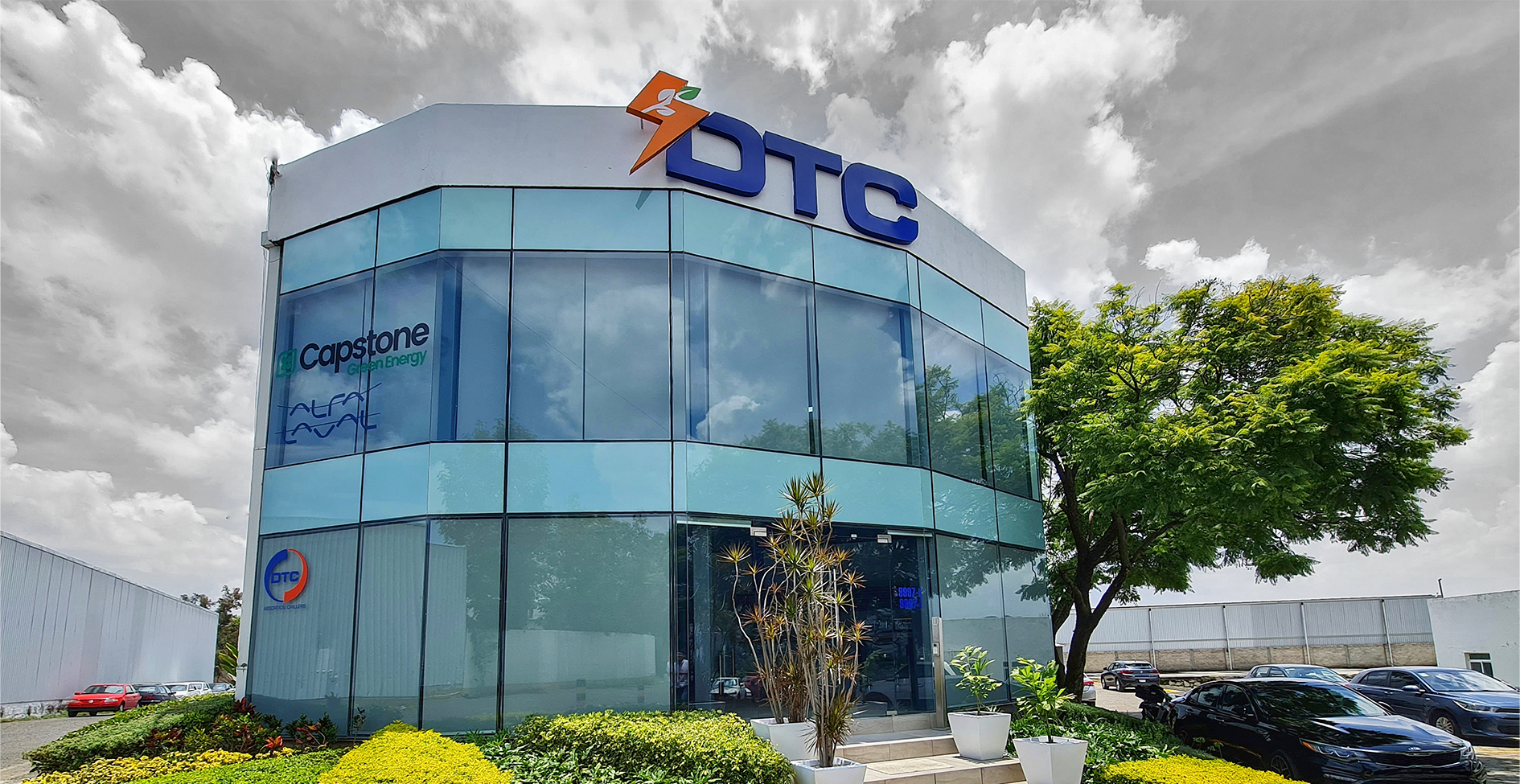
Consulta de Proyecto de Cogeneración
Por favor, llene el siguiente formulario para brindarnos más información acerca de su proyecto.
What is Decarbonization?
Decarbonization stands as a fundamental pillar in the battle against climate change, representing the necessary evolution towards a world where carbon emissions are minimized. This article delves into the essence of decarbonization, addressing its transcendental significance, practical execution, and vital role in preserving our planet.
In simple terms, decarbonization involves the reduction or elimination of carbon emissions, primarily from energy and industrial sources. This approach aims to mitigate greenhouse gas emissions, contributing to the fight against climate change and ensuring a more sustainable future.
Essential for reducing carbon emissions, decarbonization relies on a transition to renewable energy sources. Solar, wind, and hydropower are essential elements in this transformative process. Solar energy, converting sunlight into electricity, provides an endless source without emissions. Wind turbines, driven by wind force, generate clean and sustainable electricity without carbon emissions. Hydropower, harnessing the power of water, offers another renewable alternative without contributing to polluting emissions.
Carbon capture and storage (CCS) play a crucial role by capturing carbon emissions at their source, preventing their release into the atmosphere and significantly contributing to decarbonization.
In summary, decarbonization represents a shift towards cleaner and more sustainable energy sources, such as solar, wind, and hydropower, supported by innovative technologies that limit carbon emissions. This approach is not only essential for addressing climate change but also paves the way for a future where energy and sustainability go hand in hand.
Focusing on sustainable transportation, electric vehicles, and the development of sustainable charging infrastructures are crucial elements in the decarbonization process. Additionally, in the energy industry, the adoption of renewable sources and advanced carbon capture technologies defines the path towards cleaner and responsible production.
This approach is not just about reducing emissions but creating a solid foundation for a future where efficiency and environmental responsibility take precedence. Decarbonization in the industry becomes a fundamental strategy, marking the way towards more sustainable production in harmony with our environment.
Decarbonization is not only a necessary response to climate change but also an opportunity to redefine our relationship with energy and industry. By adopting cleaner practices and technologies, we are building a path towards a future where sustainability and energy efficiency form the foundations of our progress.
Decarbonization, far from being just an environmental response, emerges as an engine for economic change, presenting various advantages that transform initial challenges into opportunities for businesses and industries.
1. Operational Efficiency and Cost Reduction:
Decarbonization often involves a thorough review of industrial and energy processes. This review leads not only to the adoption of cleaner technologies but also to significant improvements in operational efficiency. Process optimization translates into long-term cost reduction as operations become more efficient and sustainable.
2. Innovation and New Markets:
The transition to cleaner and sustainable energy sources drives innovation across industries. Companies leading in this transformation find opportunities to develop and offer new technologies, products, and sustainable services. This innovative drive not only provides a competitive advantage but also enables access to new markets and customer segments.
3. Regulatory Compliance and Business Reputation:
Compliance with environmental regulations not only avoids sanctions and fines but also enhances business reputation. The adoption of sustainable and decarbonizing practices resonates with the growing environmental awareness of consumers, building stronger customer loyalty and attracting new market segments.
4. Development of New Skills:
Decarbonization often requires the adoption of new technologies and practices. This change drives the development of new skills and competencies among employees, preparing them for future challenges and improving the versatility and adaptability of the workforce.
5. Sustainable Investments and Financing:
Decarbonization has become a key criterion for sustainable and financially responsible investments. Companies demonstrating a clear commitment to sustainability find it easier to access financing and attract investments, as investors seek opportunities aligned with ethical and environmental principles.
6. Development of New Business Models:
Decarbonization opens the door to new business models focused on sustainability. Companies that develop services and products aligned with the transition to a low-carbon economy can diversify their offerings and create new revenue streams.
Decarbonization stands not only as an environmental imperative but also as an engine for growth and innovation. At DTC Machinery, committed to this positive change, we invite you to contact us and discover how we can help you take the step towards a decarbonized world.

Por favor, llene el siguiente formulario para brindarnos más información acerca de su proyecto.